On his fourth visit to Israel this week since its war with Hamas started, secretary of state Antony Blinken delivered a message of strong support for the country, but also some criticism. He arrived in Israel yesterday having already been to Saudi Arabia, Jordan, Qatar, UAE, Turkey and Greece. Next on his agenda are visits to the Palestinian Authority and Egypt. Blinken’s Middle Eastern tour aims to create a more peaceful and stable region to enhance Israeli security — a particularly monumental task.
The Biden administration wants to prevent the war between Israel and Hamas from expanding onto new fronts. They have been anxiously following developments on the border with Lebanon. Exchange of fire between both sides, initiated by the Iran-backed militant organisation Hezbollah at the start of the war, have intensified dramatically following Israel’s assassination of Hamas leader Saleh al-Arouri in Beirut on January 2 and the killing of three Hezbollah commanders in the past two days.
The US worries that a full-scale war with Hezbollah would involve Iran and trigger a domino effect
Although Hezbollah would like to avoid an escalation into a full-blown war with Israel, it is essential for Israeli security that the heavily armed group moves away from the border and keeps at a safe distance. This is understandable given Hezbollah has repeatedly vowed to annihilate Israel. Yesterday, Israel’s defense minister Yoav Gallant told Blinken that the country prefers a diplomatic solution with Hezbollah, but that if one cannot be achieved, Israel is already preparing a military alternative.
The US administration understands Israel’s concern with Hezbollah, but worries that a full-scale war with the group would involve Iran and trigger a domino effect that would suck in other regional powers. In an effort to avoid this, the US, France and several Arab nations have engaged in talks to move Hezbollah further away from the border.
Conditions on the ground are volatile. Although a war on a second front would be extremely challenging for Israel, the threat of missile attacks and infiltrations in the style of Hamas’s atrocious attack on October 7 is not something the country can accept.
At the start of the war, the US sent two aircraft carriers and additional forces to the region in a show of support for Israel and to deter Iran and Hezbollah (their larger carrier left last week). It has also supplied Israel with a constant stream of ammunition and helped defend it from attacks by Houthi forces in Yemen, who have launched drones and ballistic missiles towards the country. The Americans though would like their involvement to stay limited and are not keen to be dragged into another costly and controversial Middle Eastern adventure.
To try and provide some relief to Palestinian civilians, the US administration has also pushed Israel to transition to low-intensity warfare in Gaza. At a press conference last night, Blinken expressed concern with the high death toll in Gaza, although he placed much of the responsibility on Hamas, who initiated the war and have been using civilians as human shields.
In the lead-up to Blinken’s visit, Israel declared that it had moved to the “third stage” of its war. This involves limited fighting in the northern area of Gaza — where most of the fighting took place in the first stage — and a move to military operations against Hamas in the center and south of the Gaza Strip. The IDF has released thousands of troops from reserve duty, indicating that it’ll be transitioning to a more limited and targeted warfare.
President Biden has been keen to find a solution for a new governing body in Gaza. Knowing that Israel will not accept any solution that involves Hamas, the White House has suggested a “revitalized” Palestinian Authority. According to Blinken, the leaders he met during his current visit all expressed support for a long-lasting, peaceful solution with a compulsory change in Palestinian leadership. Some countries, such as Saudi Arabia and Jordan, are more likely to support this than others, including Turkey and Qatar — who are both avid Hamas supporters.
The PA is highly unpopular among Palestinians. It is also corrupt, holds radical anti-Israel views, glorifies terrorism, has consistently refused to reach peace settlements with Israel in the past — and is itself reluctant to take control of Gaza. Considering all this, it is hardly a perfect solution, but the Biden administration seems to think that it’s the most viable one.
Blinken is making considerable efforts to contain Israel’s war. He is also aiming to strengthen relations with moderate countries in the Middle East to stand up to the region’s most destabilising force: Iran and its proxies Hamas, Hezbollah and the Houthis.
At the end of his time in Israel, Blinken had several words of warning for Israeli prime minister Benjamin Netanyahu. The Americans are fed up with statements from far-right Knesset members, including those who want to use the war as an excuse to resettle Palestinians outside of Gaza. Blinken also called on the government to stop settler violence in the West Bank and other actions that prevent the Palestinian from self-governing.
American support for Israel is unquestionable and vital. Israel’s security is a priority, but support comes with strings attached. Netanyahu has already given in to some American requests, but the one most difficult for him will be to rid his coalition of extremists because of the risk of toppling his unpopular government. For the Americans, the hard-right factions of Netanyahu’s government are one of the obstacles standing in the way of a sustainable settlement. As Blinken said yesterday, he now expects the Israeli prime minister to make “difficult decisions.”
This article was originally published on The Spectator’s UK website.



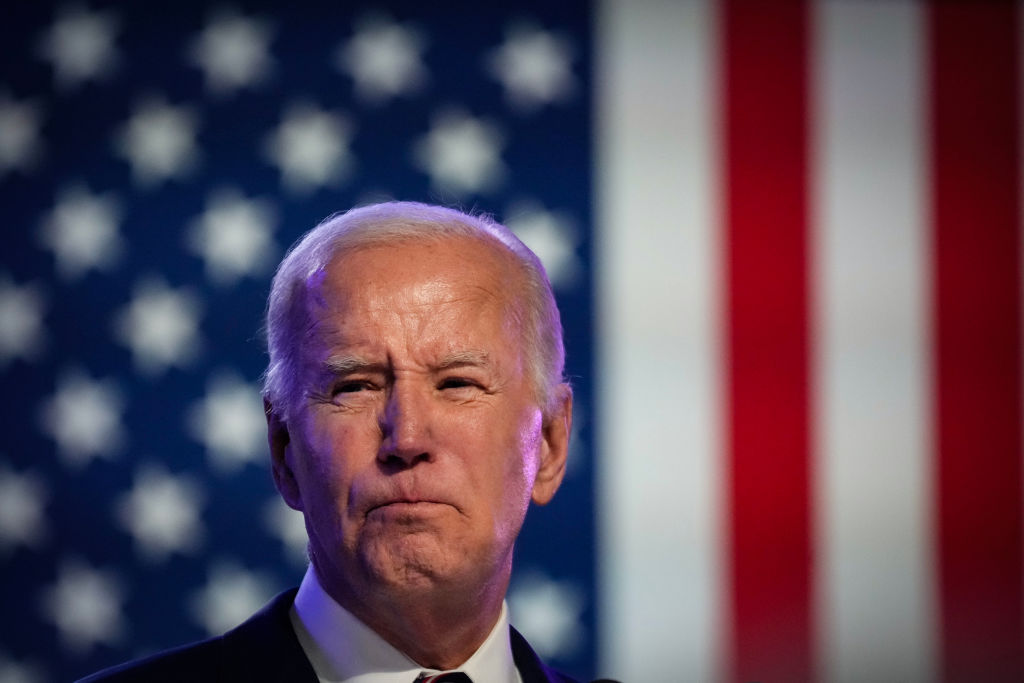







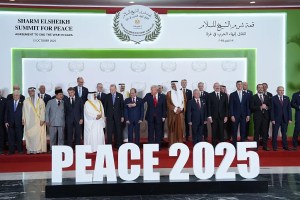

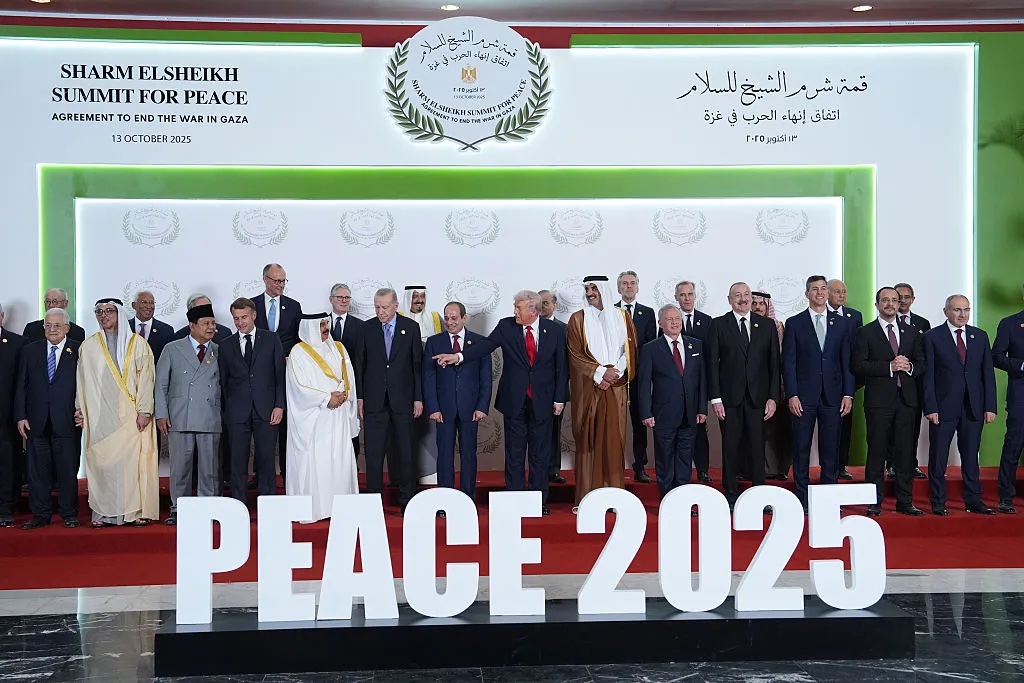
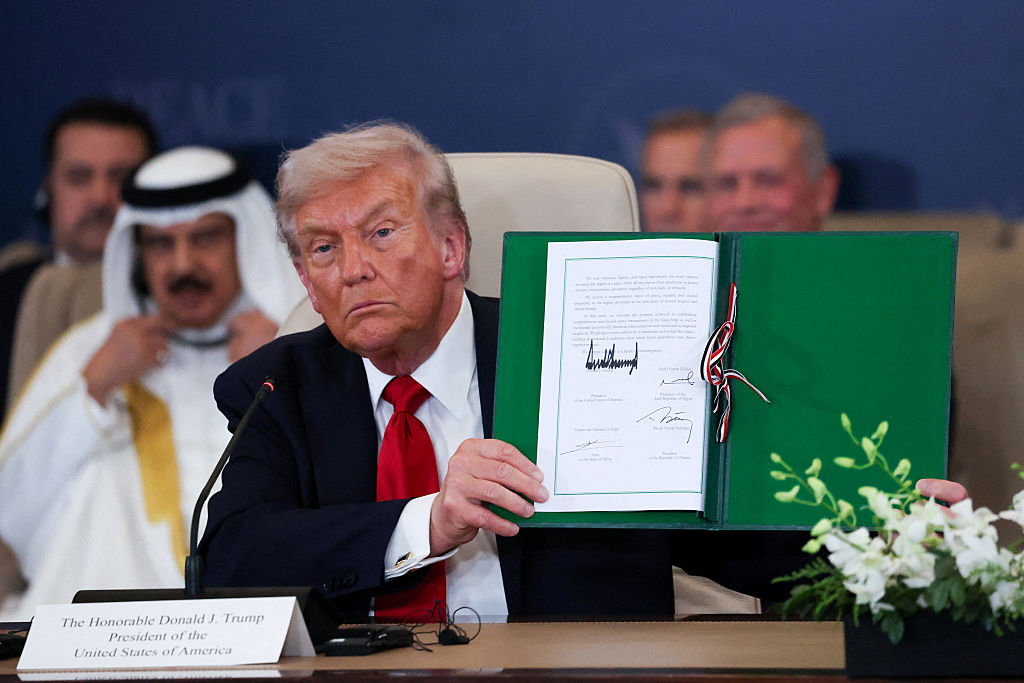
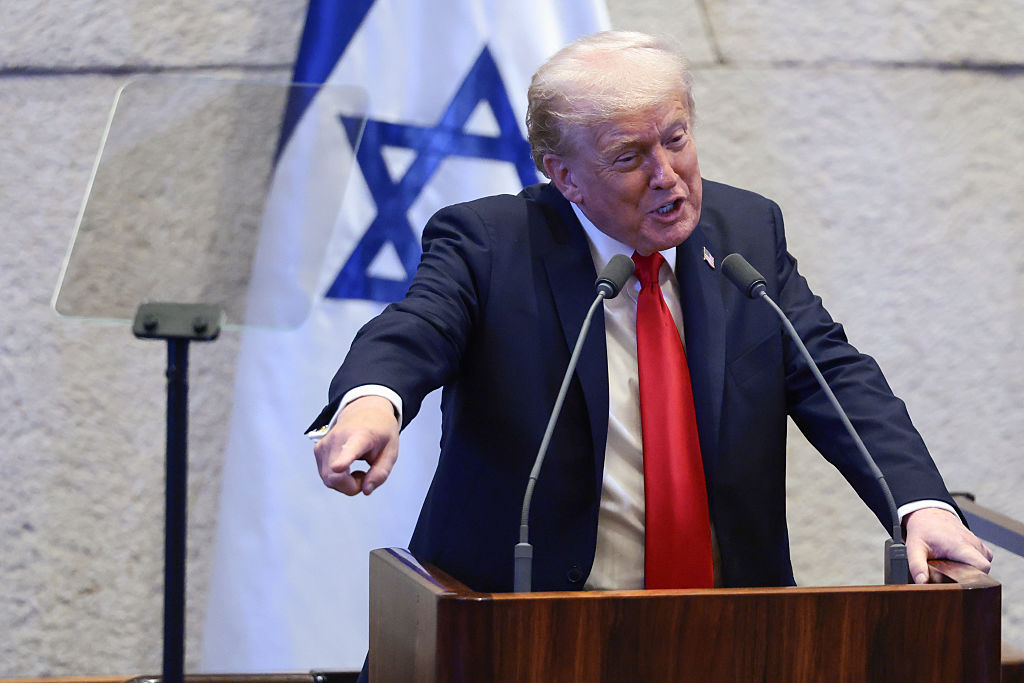
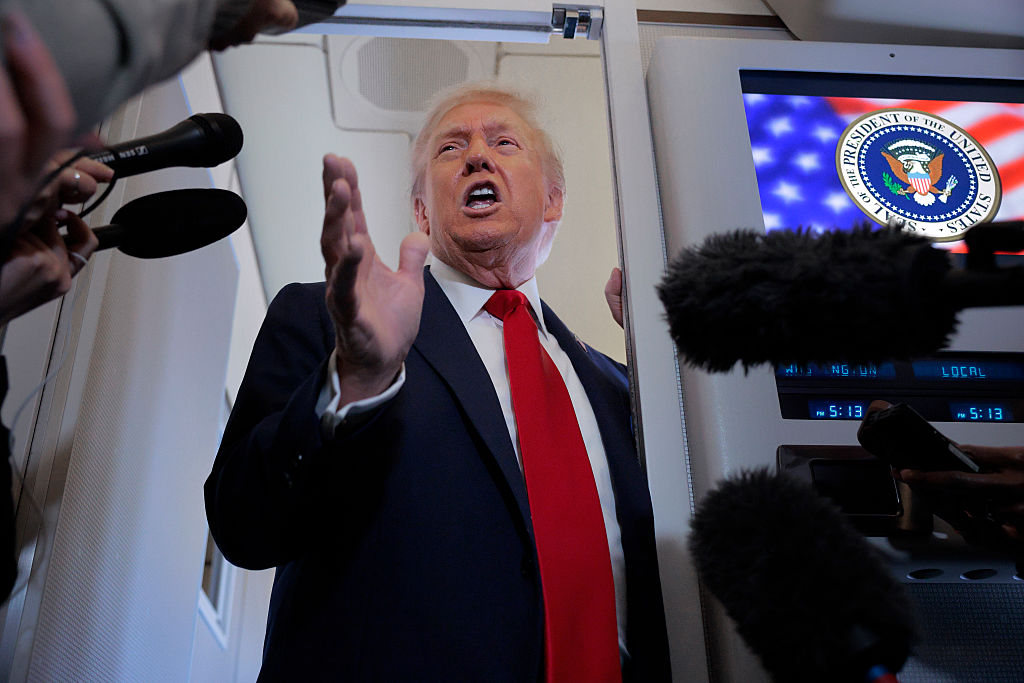









Leave a Reply